Dr. Adrian Brickman made some notes in his medical journal, then carefully placed The Diagnostic and Statistical Manual of the American Psychiatric Association at the right corner of his desk. He liked having it displayed there when the patients came in, as it reflected the gravitas of his station. There was always that initial moment when the subjects would give the heavy tome a sideways glance, cower slightly in their chair, or sit on their hands. It set the right tone.
After straightening the paperwork on his desk, Adrian leaned back, pushed his reading glasses up his nose, and re-read the invitation from the annual APA conference in Los Angeles. They wanted him to be the keynote speaker this year. Basking in the honor, he grinned. His draft paper, Homelessness and Dementia: a Study of Brighton Beach, had garnered the attention he long deserved. The conclusions were gelling as predicted, but he still needed more data, a few more street people, to make it statistically relevant.
A deliberate man by nature, Adrian was attracted to the statistical side of psychiatry. He dealt with hundreds of patients each year, but, by and large, they all fitted nicely into several diagnostic categories he used to underpin his research. The file in front of him would be no different. Conduct the intake interview, test the man’s cognitive capabilities, identify the extent of the mental illness, then send him out with a $25 note for his time and services.
Adrian’s secretary cracked open the door, and when Adrian nodded, she ushered the homeless man in. He was gaunt and slightly bent at the shoulders with grizzled hair that barely covered the top of his head. Gnarled fingers clasped a wooden walking stick with a curved, engraved handle. His dusty coat hung unevenly off his shoulders as if carelessly draped over an abandoned scarecrow. Crow’s feet framed his blue-gray eyes, which quickly surveyed the room.
“Count Dmitry Alexander Volkonsky,” the old man said with a bow. He reached across the desk with his calloused hand. “But feel free to call me Count.”
Adrian hesitated, then tentatively took the end of the fingers in his palm and gave a weak shake. Sitting down, he reached into his drawer for a disinfectant wipe. The Count sat down, stretched his long legs, and watched the psychiatrist with silent amusement.
“Hmm, yes, so, Mr. Volkonsky, I mean, Count Volkonsky,” Adrian said, drawing out the word “Count” with undisguised sarcasm. “Let’s start with your family history and upbringing. Would you describe it as happy, unhappy?”
“All happy families resemble one another,” the Count said with a twinkle. “But each unhappy family is unhappy in its own way.”
“Hmm, yes,” muttered Adrian, barely looking up. “Unhappy Family,” he wrote in the appropriate section. “Was your father in the picture? Who were your male role models growing up?” Adrian could practically write the answer without waiting for a reply. Father probably abandoned wife and kids, leaving them destitute.
“Role models? Ah, there were many,” the Count said, gesturing expansively with his arms. “Shelves of them–the greatest writers of all time. I absorbed their wisdom in my late father’s lap, along with the earthy scents of buffalo leather, Cuban cigars, and aged cognac.
The Count’s elliptical answer gave Adrian pause, but he decided not to pursue it. “Father was an Alcoholic,” he wrote on the form. “I imagine,” he said, “you suffered some in your youth?”
“It was the best of times, it was the worst of times,” the Count responded with a smile.
“Mr. Volkonsky,” Adrian said, putting down his pen and massaging his temples. “I’m trying to get a general profile of your upbringing. Often, it explains how you and others like you wind up homeless without a penny to your name.”
“I see,” the Count said, crossing his legs. “But perhaps there is no link. Suppose I choose to reject all wealth, success, and material possessions in favor of the simple life of a peasant?”
“Nonsense!” Adrian said, clenching his jaw. “No one chooses to be homeless! Sitting in the dirty streets, begging for food!” He didn’t like the way this interview was going.
“We sit in the mud…and reach for the stars.” The Count raised his eyes to the ceiling, trying to recall the author. “Ivan Turgenev,” he said finally.
“Ivan who? What are you going on about? How could you be happy out on the streets? Certainly, it has affected your mental capabilities, your touch with reality.” Without waiting for a response, Adrian scribbled “Delusional” in the file.
“There are no conditions to which a person cannot grow accustomed, especially if he sees that everyone around him lives in the same way,” the Count responded. Then, seeing the psychiatrist’s bemusement, he added, “Anna Karenina.”
“But certainly,” Adrian sputtered, “you would be happier with a roof over your head, a warm meal in your stomach, and a loving woman by your side.”
“The greatest happiness is to know the source of unhappiness,” the Count responded evasively. Then he stood up and walked over to the doctor’s bookshelves. Gliding the end of his cane along the book jackets, Count Volkonsky tilted his head to read the titles. Finally, he shook his head and scowled. “All rather dry material, Doctor Brickman. Literature is the true portal to the human condition.”
“Mr. Volkonsky, er…Count, or whoever you are,” Adrian countered, his face red and nostrils flaring. “These esteemed scientific volumes provide clear explanations for the realities of our existence! Have you no regard for the sciences, for the simplicity and orderliness of mathematics?”
“The formula ‘two and two make five’ is not without its attractions,” the Count said, quoting Dostoevsky. “That is to say, human nature is complex. If you truly want to understand human behavior, you must appreciate the absurd, the unpredictable, and the irrational.”
Adrian wrote “Irrational” in bold letters on the paper, then stood up, spilling a cold cup of coffee on the file and knocking askew his APA manual. His eyes bulged, and the vein in his neck pulsed in rage. He had dealt with outliers before, but this man was intolerable. And most irritatingly, he could not determine if the Count’s responses were signs of dementia or some type of oblique wisdom.
“Now look at what you’ve done!” Adrian shouted as he tried to clean up the mess. “You ridicule my life’s work and defy comprehension with your silly semantics! Do you expect me to identify scientific truths with ambiguous statements and quotes from century-old fiction? You could drive a man insane!”
The Count shuffled back to his seat, placed his cane across his knees, and waited for the psychiatrist to calm down. He took out a small piece of paper and wrote, “Unimaginative” and “Inflexible.” Then he looked up at the seething psychiatrist. “Perhaps, Dr. Brickman, I can help you. Would you like to talk about it?”


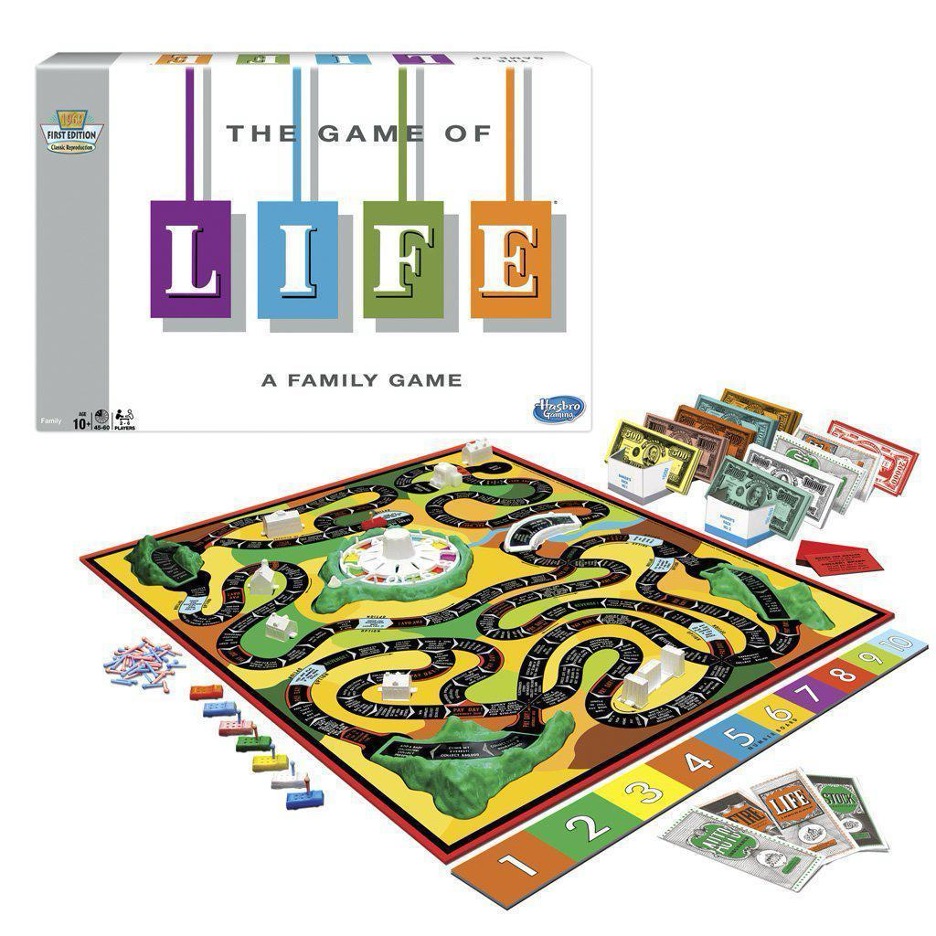



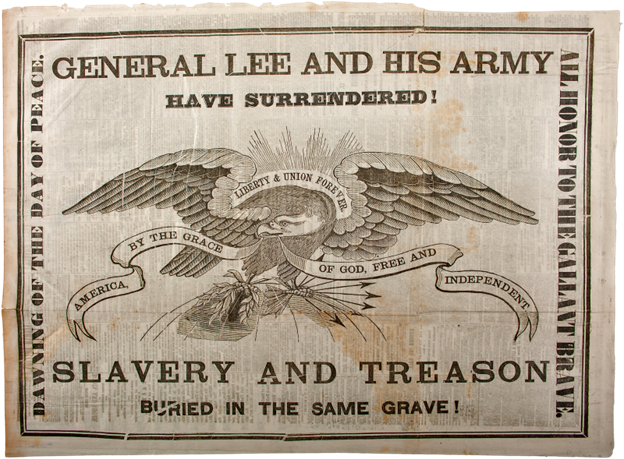
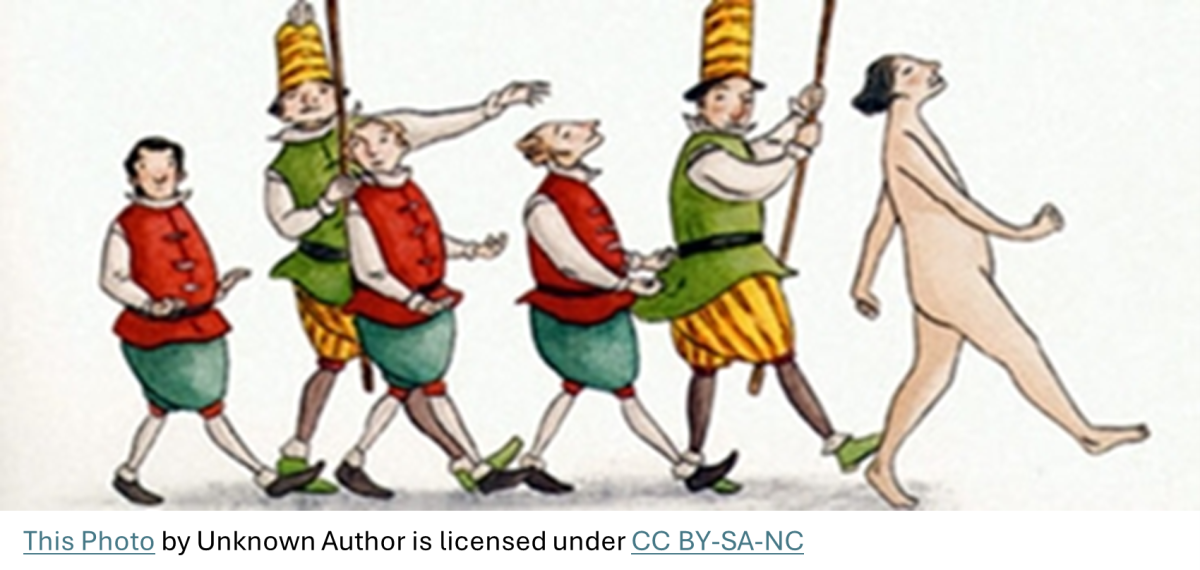

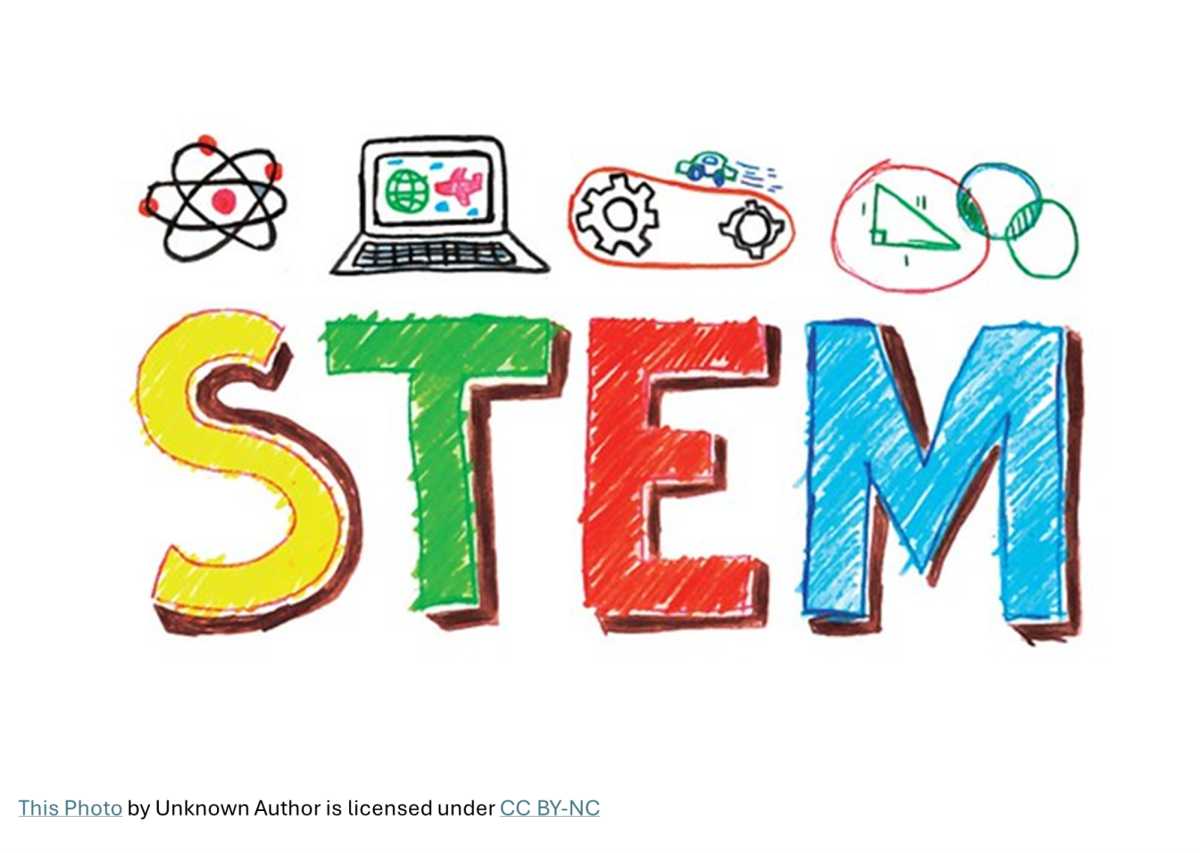
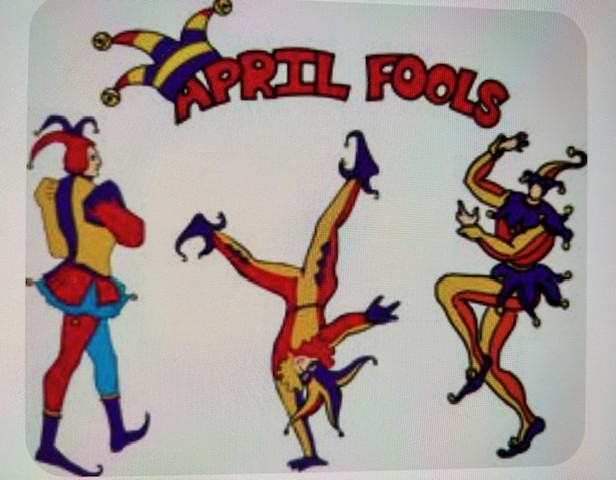
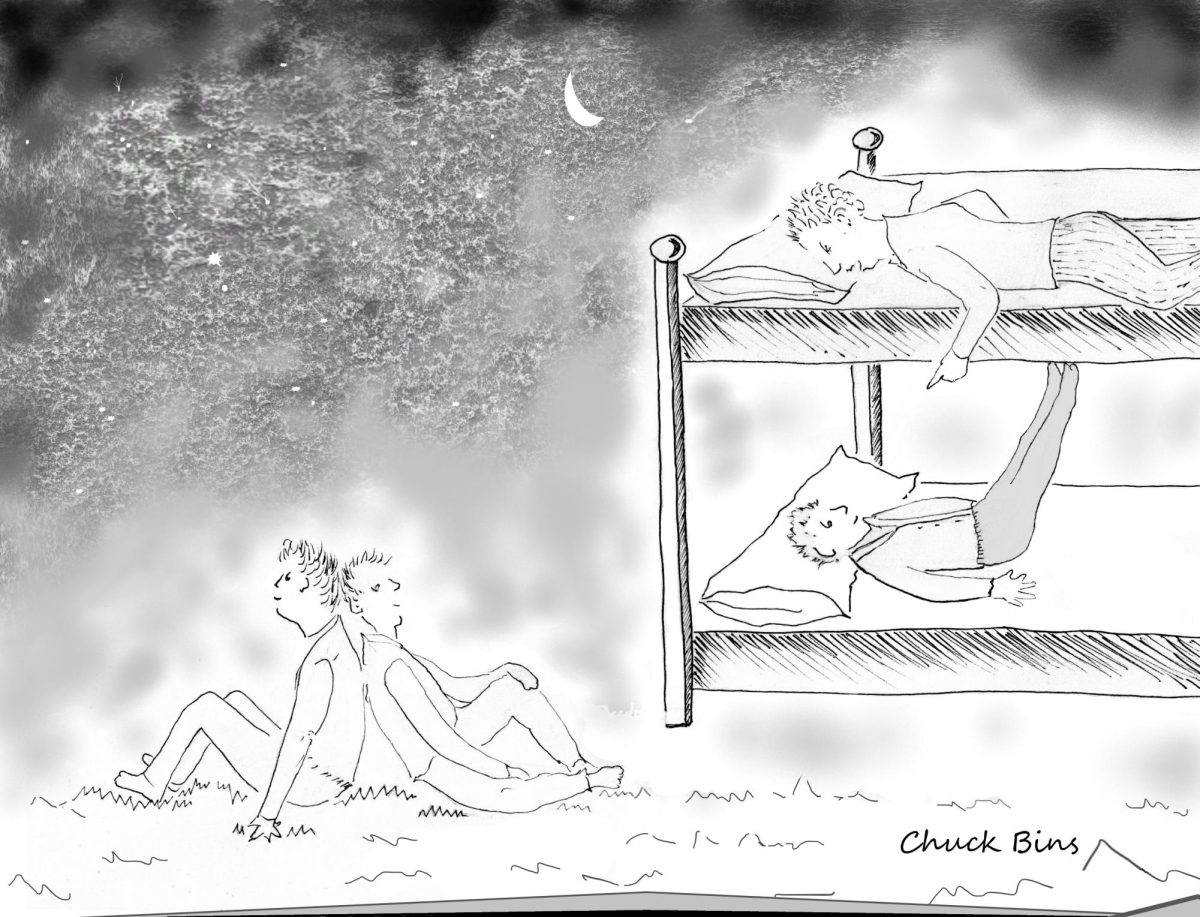


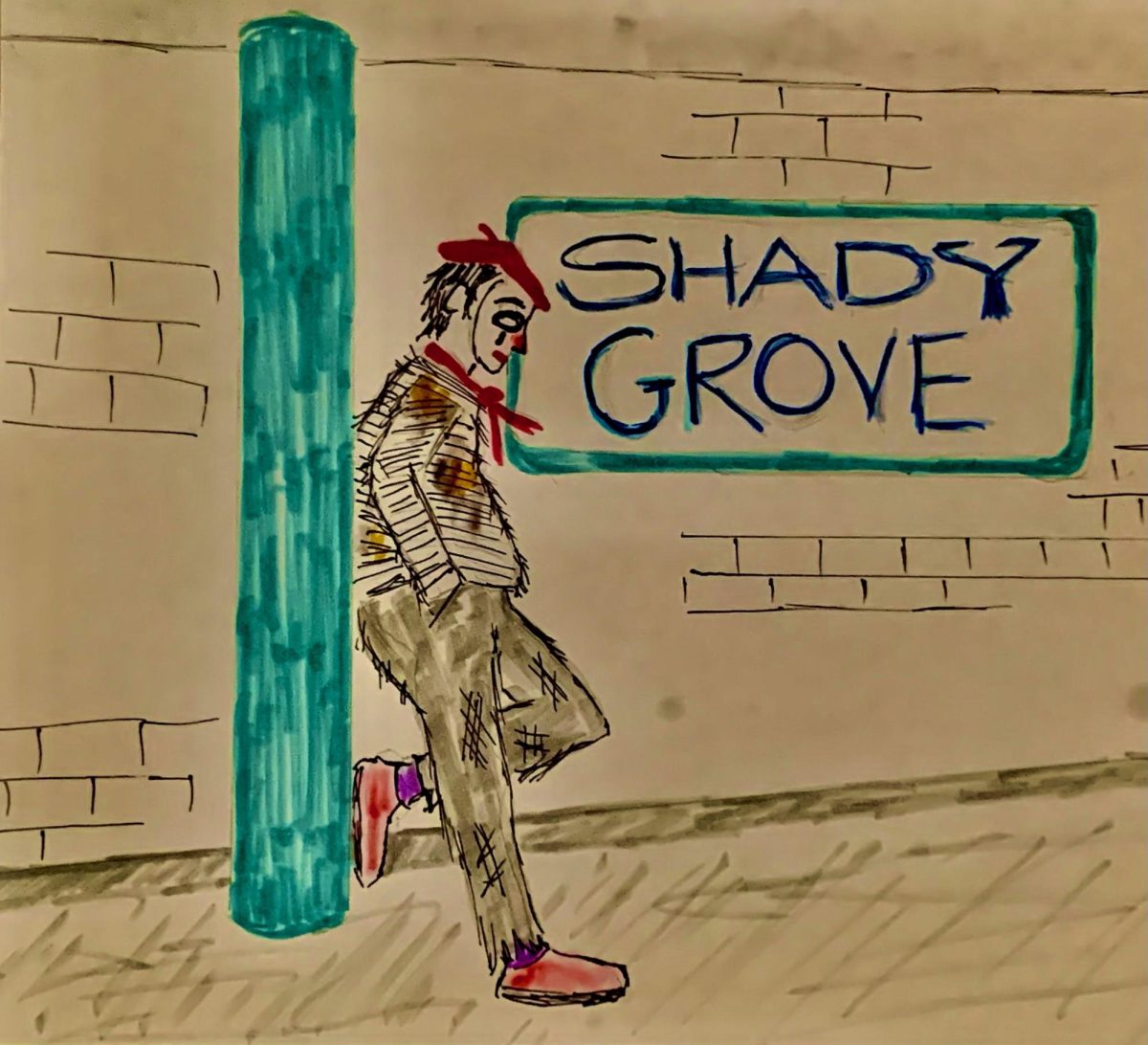



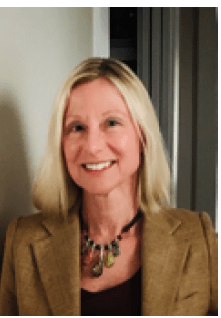
Sadie Campbell • Nov 8, 2024 at 1:42 pm
I loved the vivid description of the Count and easily imagined him in person. You managed to create a believable character, Janet. Very well done. Sadie
Daniel G Neizmik • Oct 1, 2024 at 9:37 pm
Janet,
Another great story! As usual, I thoroughly enjoyed it. Well done, indeed!